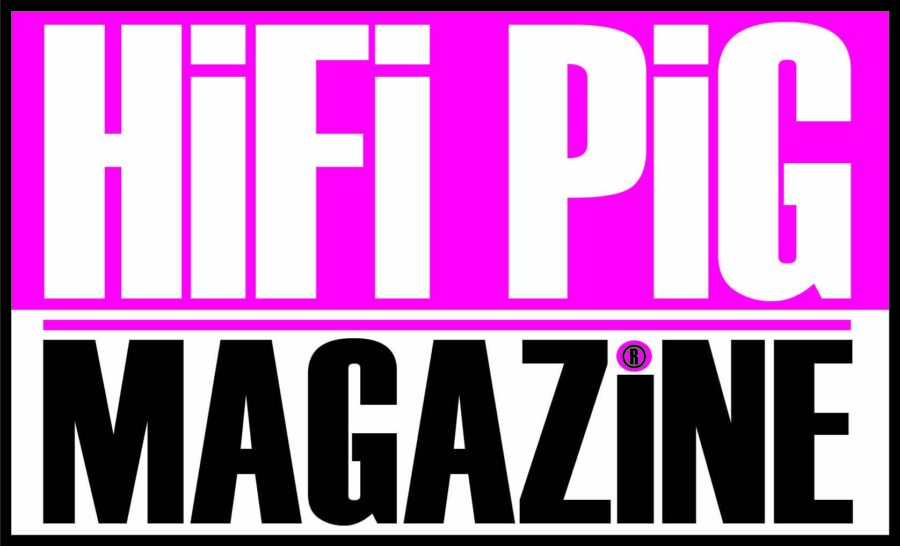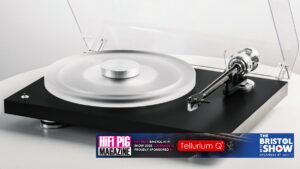Various Artists – The Eve Folk Recordings
The music media in the early to mid-sixties were alive with talk of a « folk boom » in the UK and indeed there was a burgeoning number of folk clubs open every night of the week, to the point that pretty much every town of any size had one. I remember as late as the early seventies as a young child there being a popular folk club in Wath-Upon-Dearne where my parents had a pub…and even they had a music room where folk music was the order of the day. A folk boom is a bit of a misnomer if we go by record sales, but, as Colin Harper’s excellent sleeve notes to The Eve Folk Recordings suggests, the folk “stars” of the day made their living not through record sales but through live performances and a life “on the road”. Harper also suggests that this movement was a true underground movement and the pressure on the performers not to sell out was huge.
Ask anyone about British folk music and the name that will inevitably come up will be that of Donovan who, in 1965 scored himself a record deal after a slot on Ready Steady Go! and later went on to great success both in the UK and in America. Donovan’s management during the recording of his first two albums had been Geoff Stephens and Peter Eden (he sacked them in October ‘65) and they managed to broker a four album deal with EMI to release music from other artists on the scene. This marked the birth of Eve Folk Recordings and the three albums they released is what we have here. There are also four Donovan tunes included on this double CD: Catch the Wind, Colours, Goldwatch Blues (A Mick Softley penned tune) and The War Drags On.
The first of the Eve Folk Recordings’ albums here is Mick Softley’s Songs For Swingin’ Survivors and it represents the anti-establishment, protest tradition of folk music. As well as his self-penned tunes there’s a couple of covers – Billie Holiday’s Strange Fruit (a fabulous version) and Woody Guthrie’s Plains Of The Buffalo. This is right up my street many regular readers will be surprised to read and Ii heartily recommend The Eve Folk Recordings CD for this selection alone.
Next up is son of Tyneside, Bob Davenport and The Rakes and this is much more in the traditional folk style that will appeal to many, but I can take or leave it if I’m honest. However, this kind of music is perhaps the traditional working music of the UK and as such this collection of tunes has, if nothing else, an interesting historical perspective. There’s a Reel, with spoons and recorder, and a Jig thrown in for good measure and, though this isn’t my kind of thing in a recording I can see it being hugely entertaining in a live setting…and this is perhaps where this revivalist style is best enjoyed to my mind.
Finally we have Vernon Haddock’s Jubilee Lovelies and the first tune is Coney Island Washboard which reminded me of Bonzo Dog Doo-Dah Band and indeed there is reference to this band in the albums liner notes. It’s got a bit of a hillbilly style to it and indeed a good few of the tunes herein were originally recorded in the 1920s. Not my usual listening fodder, but this will be of interest to those interested in that era of music. The kazoo, where’s that particular instrument gone, makes regular appearances in the tunes and that will give you an idea of what to expect. The music is fast furious and great fun.
The Eve Folk Recordings is a really entertaining album. You get 27 tunes that are all most definitely of the folk variety, but all the artists represent a very different style of this broad church. My personal favourites are the Donovan and Mick Softley tunes but that is not to say the other artists aren’t valid. There’s a stereotypical image of a folky and that is all tweed jacket with leather patches on the elbows and pints of bitter to match his world outlook, but folk music is so called because it is traditionally the music of the working people and I reckon this rerelease should spark a bit of interest in this much maligned (but often plagiarised) genre. Out now on Cherry Red/RPM





























































